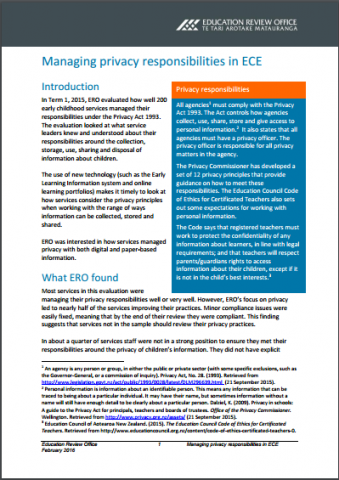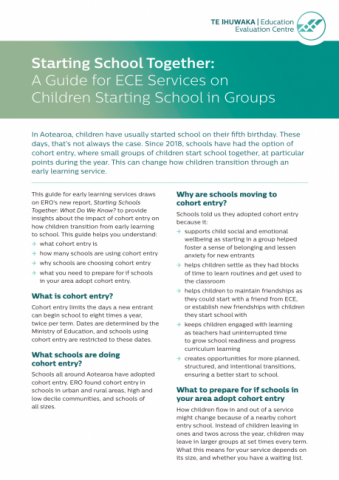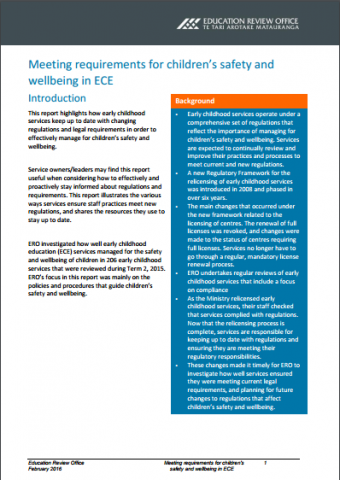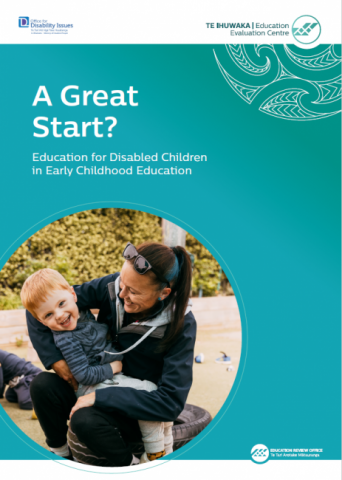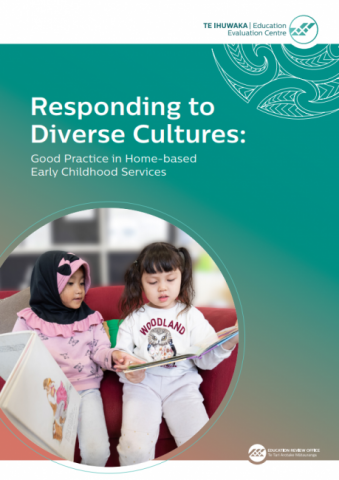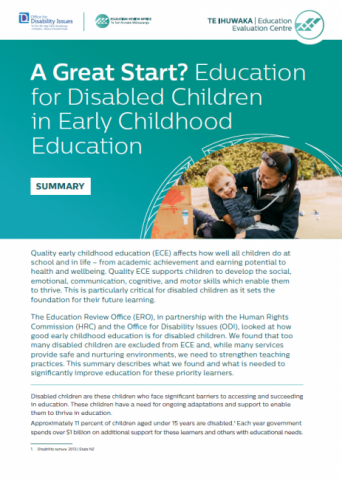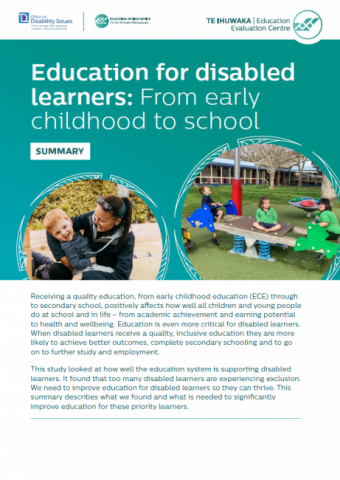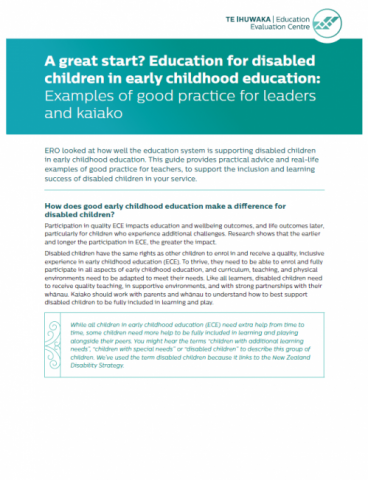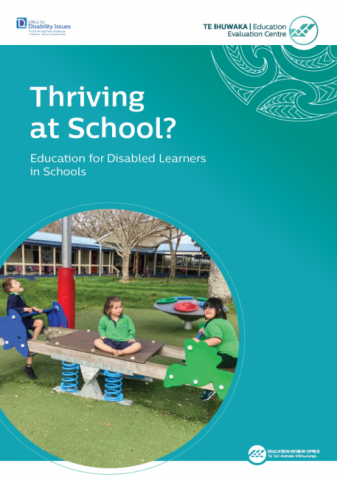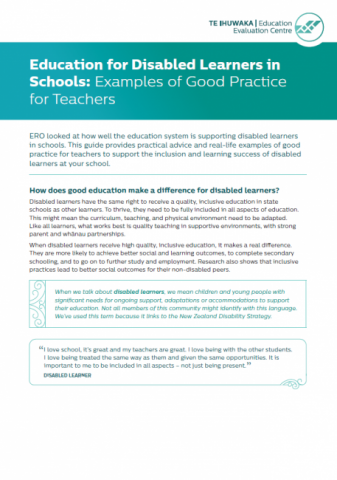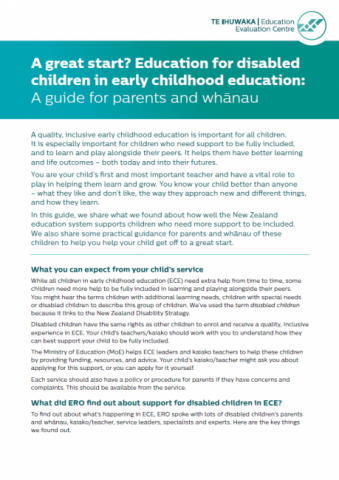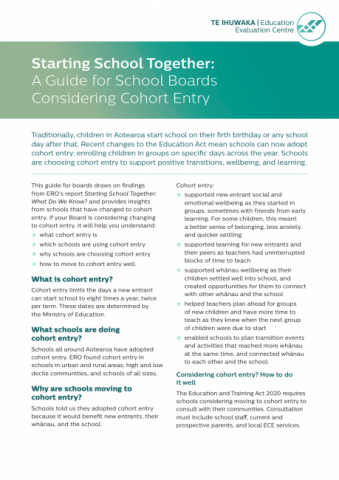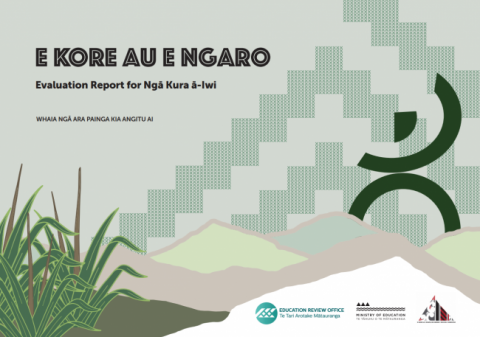Managing privacy responsibilities in ECE
Published: 29 Feb 2016
In Term 1, 2015, ERO evaluated how well 200 early childhood services managed their responsibilities under the Privacy Act 1993. The evaluation looked at what service leaders knew and understood about their responsibilities around the collection, storage, use, sharing and disposal of information about children.
- Audience:
- Early learning
- Education
- Parents
- Content type:
- Research
- Topics:
- Privacy
